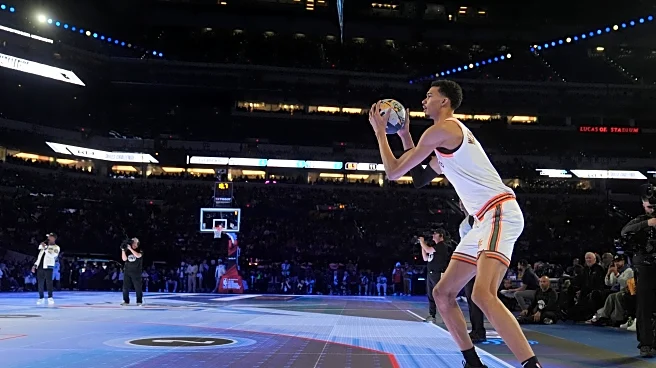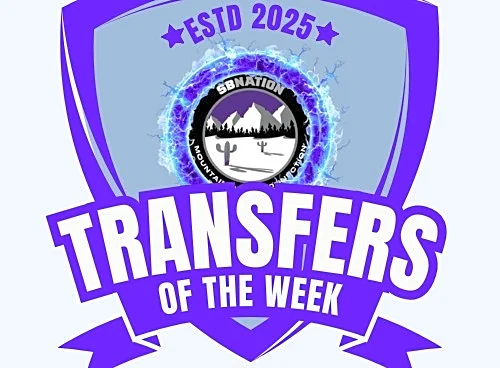What's Happening?
The Israeli government has yet to respond officially to Hamas' latest proposal for a hostage deal, leading to accusations of procrastination. Prime Minister Benjamin Netanyahu has ordered immediate negotiations to secure the release of hostages and define conditions for ending the war, but progress has been slow. The IDF Chief of Staff, Eyal Zamir, has indicated readiness for the release of hostages, while families of captives urge immediate action. The location and composition of the next round of talks remain unresolved, with Qatar refusing to cede its role as host. Hamas has rejected Israel's demands for disarmament and demilitarization, complicating negotiations.
Why It's Important?
The delay in negotiations highlights the challenges in reaching a comprehensive agreement between Israel and Hamas. The situation affects the families of hostages and the broader Israeli public, who are demanding action. The involvement of international mediators and the potential shift in negotiation venues underscore the complexity of diplomatic efforts. The outcome of these talks could impact Israel's military strategy and its relations with neighboring countries, as well as the humanitarian situation in Gaza.
What's Next?
Netanyahu is scheduled to convene the security cabinet to discuss plans for a Gaza City operation and Israel's response to mediation efforts. The possibility of moving talks to alternative venues like the UAE or Turkey is being considered. Military operations in Gaza City may advance to pressure Hamas into compromising. The international community, including U.S. officials, is monitoring the situation closely, with potential implications for regional stability.











